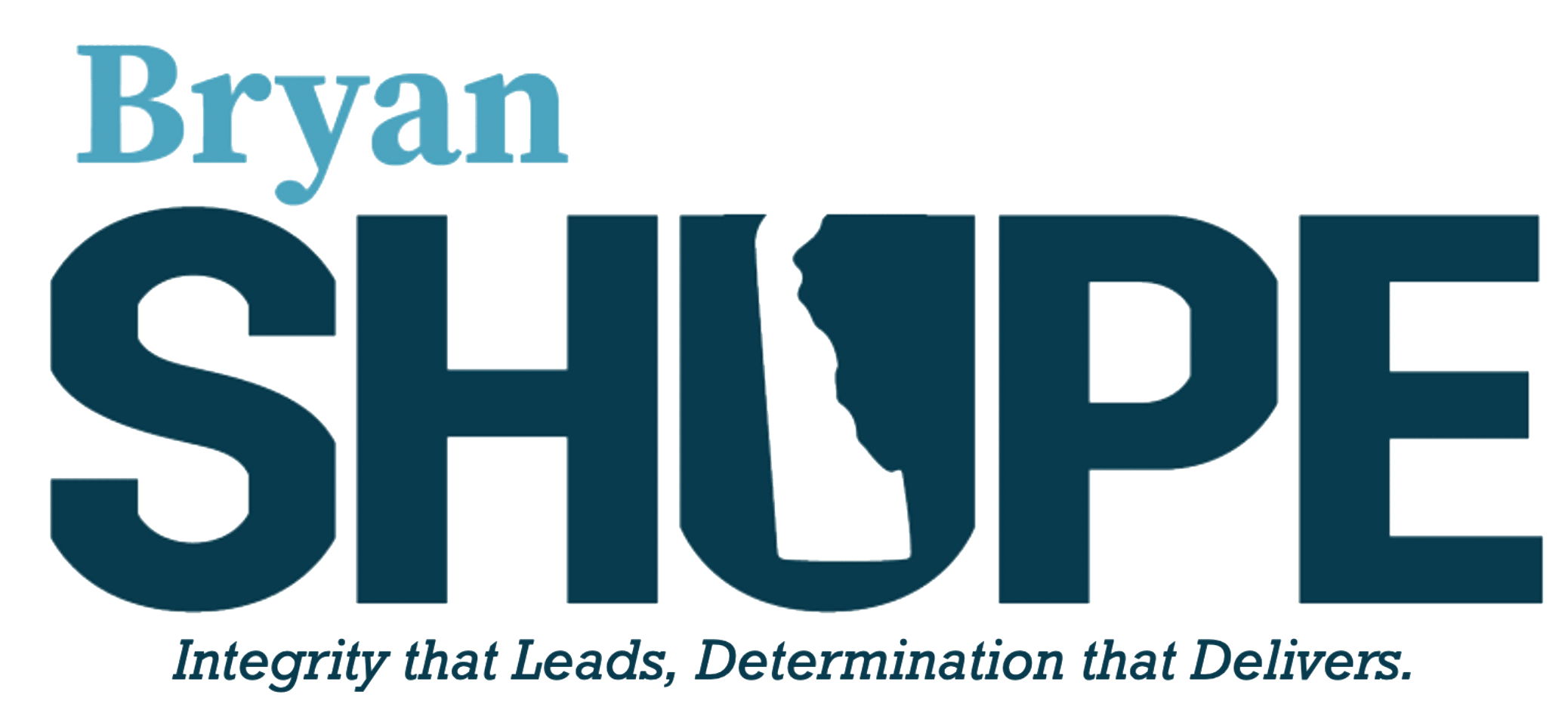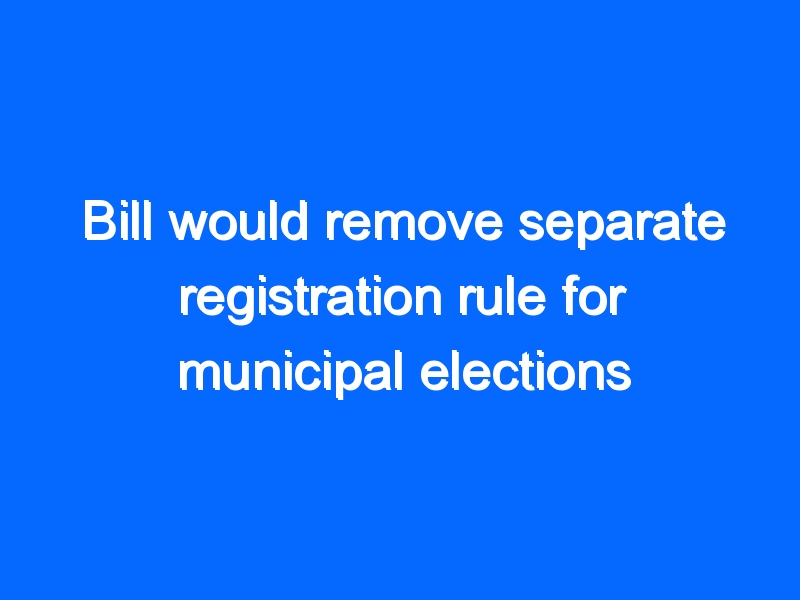By Matt Bittle
Posted Wednesday, March 3, 2021 5:00 am
Bay to Bay News
DOVER — It’s election day in your town, and you’re ready to cast a ballot for the newest slate of council members. You checked with the state a week ago to make sure you’re registered, you showed up at your polling place well before it closed, and yet, when you arrive, you’re told you can’t vote.
What’s going on?
For many, this scenario isn’t a hypothetical but something that’s actually happened. The reason is simple: Many cities and towns in Delaware require residents to be registered not just with the state but also with the municipality.
This rule has been abolished by some cities and towns, but in many of the 57 municipalities in the First State, voter turnout is essentially artificially suppressed. Many people are unaware of the additional check and remain so until they arrive at their polling place for a municipal election, at which point it’s too late.

A not-yet-filed bill would change this.
Legislation set to be introduced by Rep. Bryan Shupe in the coming weeks would enable Delaware voters to participate in local elections without needing to sign up with their town or city first.
“If you are registered to vote in the state of Delaware and you fit the municipal criteria for that election, then you are able to vote,” Rep. Shupe, a Milford Republican, said of the proposal. “You do not have to register a second time.”https://e74c62c34954b5ccf9d03bd49639682b.safeframe.googlesyndication.com/safeframe/1-0-37/html/container.html
Rep. Shupe said the issue first came to his attention a few years ago, when he was mayor of Milford. It pops up every election, he said, prompting constituents to reach out to him with questions.
Only about 15% of people living in the city were able to participate in its 2014 election because of this restriction, according to Rep. Shupe.
“People don’t understand, don’t know until they get to the polls a lot of times, that they have to register a second time with the municipality, and get turned away on election day” as a result, he said.
He sees the change as a common-sense update that will allow more people to participate in democracy.
It’s unclear exactly how many towns and cities still have this requirement. Because a municipality cannot change its charter without the approval of the General Assembly, Rep. Shupe figured he would get them all in one fell swoop with this legislation.
Smaller turnout can make it easier for cities and towns to pass initiatives or for officials with a limited but passionate base of supporters to win, he noted. Anecdotally, he said he has heard the provision was used in the past to suppress the Black vote.
Rep. Shupe, who plans to file the bill in the coming weeks, is hopeful it will draw strong bipartisan support. Lawmakers are currently on break but return Tuesday.
What’s going on?
For many, this scenario isn’t a hypothetical but something that’s actually happened. The reason is simple: Many cities and towns in Delaware require residents to be registered not just with the state but also with the municipality.
This rule has been abolished by some cities and towns, but in many of the 57 municipalities in the First State, voter turnout is essentially artificially suppressed. Many people are unaware of the additional check and remain so until they arrive at their polling place for a municipal election, at which point it’s too late.
A not-yet-filed bill would change this.
Legislation set to be introduced by Rep. Bryan Shupe in the coming weeks would enable Delaware voters to participate in local elections without needing to sign up with their town or city first.
“If you are registered to vote in the state of Delaware and you fit the municipal criteria for that election, then you are able to vote,” Rep. Shupe, a Milford Republican, said of the proposal. “You do not have to register a second time.”https://e74c62c34954b5ccf9d03bd49639682b.safeframe.googlesyndication.com/safeframe/1-0-37/html/container.html
Rep. Shupe said the issue first came to his attention a few years ago, when he was mayor of Milford. It pops up every election, he said, prompting constituents to reach out to him with questions.
Only about 15% of people living in the city were able to participate in its 2014 election because of this restriction, according to Rep. Shupe.
“People don’t understand, don’t know until they get to the polls a lot of times, that they have to register a second time with the municipality, and get turned away on election day” as a result, he said.
He sees the change as a common-sense update that will allow more people to participate in democracy.
It’s unclear exactly how many towns and cities still have this requirement. Because a municipality cannot change its charter without the approval of the General Assembly, Rep. Shupe figured he would get them all in one fell swoop with this legislation.
Smaller turnout can make it easier for cities and towns to pass initiatives or for officials with a limited but passionate base of supporters to win, he noted. Anecdotally, he said he has heard the provision was used in the past to suppress the Black vote.
Rep. Shupe, who plans to file the bill in the coming weeks, is hopeful it will draw strong bipartisan support. Lawmakers are currently on break but return Tuesday.


